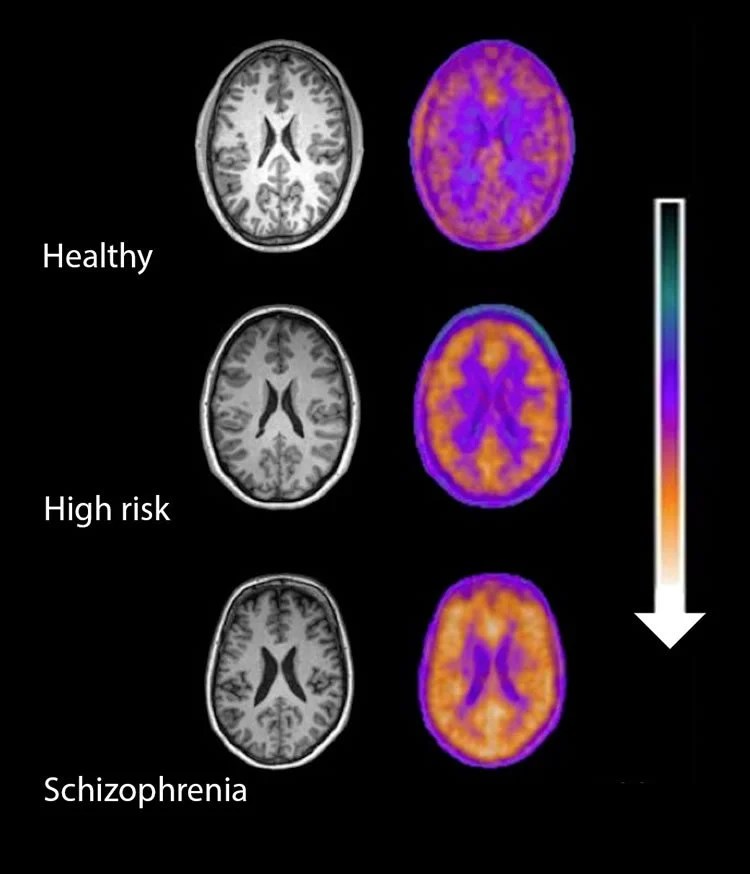Hi All:
Lately have ready numerous posts on Facebook (Stanford/ME group) about the use of Abilify. Apparently the clinic is prescribing very low dose of Abilify as part of their treatment protocol. Does anyone have any experience using this drug. If so can you discuss the results you had using the drug. Did it help you. Did it alleviate any symptoms. Did it have any negative side effects. Any insight/info appreciated.
Thanks.
Lately have ready numerous posts on Facebook (Stanford/ME group) about the use of Abilify. Apparently the clinic is prescribing very low dose of Abilify as part of their treatment protocol. Does anyone have any experience using this drug. If so can you discuss the results you had using the drug. Did it help you. Did it alleviate any symptoms. Did it have any negative side effects. Any insight/info appreciated.
Thanks.

